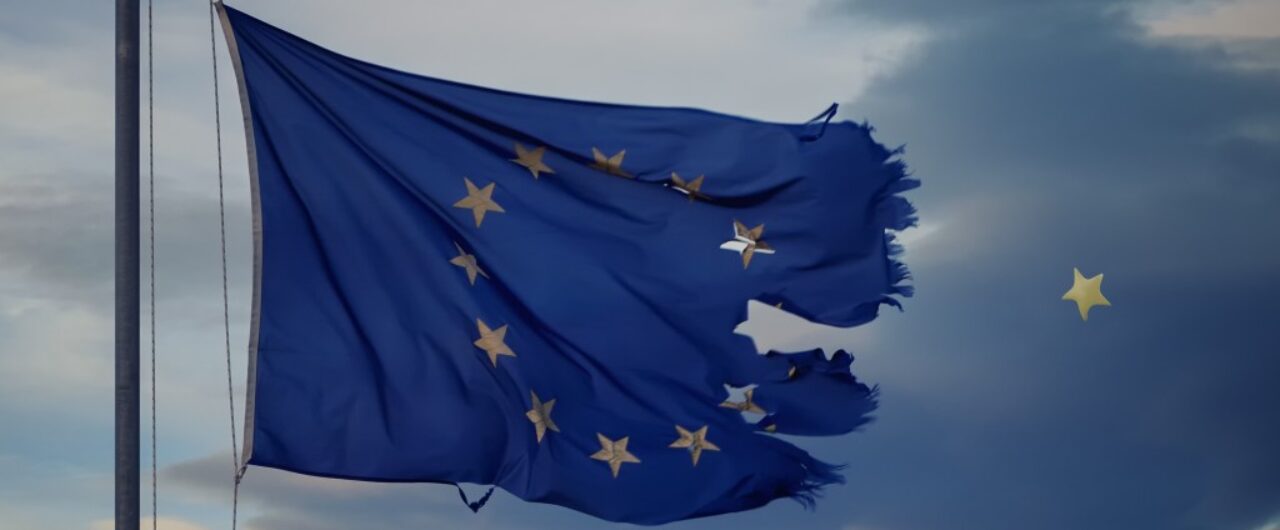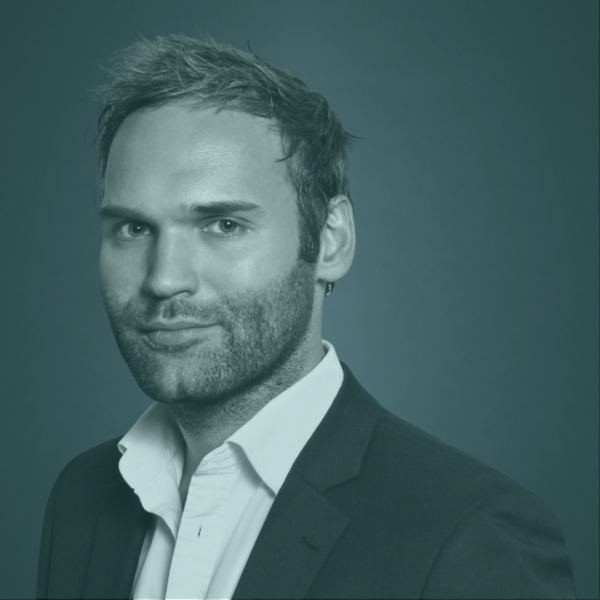In cooperation with our partner think tanks Demos (London) and d|part (Berlin), Das Progressive Zentrum hosted a breakfast briefing on 25th April 2017 to present the findings of Demos’s recently completed ‘Nothing to Fear but Fear itself’ project, in line with our work on populism.
The recent increase in populist sentiments and the growing mistrust in political leadership across Europe are both symptoms of a larger crisis which is sweeping the continent: the growing culture and politics of fear. The ‘Nothing to Fear but Fear Itself?’ project, run by Demos (London) in collaboration with partner organisations in six different European states, explored the different ways in which fear is manifesting itself across the continent. Das Progressive Zentrum was delighted to collaborate with Demos and d|part (Berlin) to host an exclusive stakeholder briefing presenting the key findings of this project, with particular focus on the German case study, on 25th April 2017.
The briefing began with a welcoming address by Philipp Sälhoff on behalf of Das Progressive Zentrum, before Sophie Gaston from Demos introduced the project and presented its pan-European findings. The project’s on-the-ground research from France, Germany, Great Britain, Poland, Spain and Sweden revealed several trends across the continent, including a sense of pessimism amongst citizens and a low level of trust in both the EU and national governments. Hostility towards cultural and ethnic diversity was shown to be increasing, as were Eurosceptic attitudes in all of the case-study countries: at least 40% of those questioned wanted to either leave the EU or see its powers reduced. You can find out more about the project’s conclusions on the project’s website and in the project’s report.
Christine Hübner from d|part, who project managed the German case study, then presented the results of the project in Germany. The research showed that, in Germany, fear is manifesting itself in different ways, rather than forming one single culture of fear. For example, Germans are are concerned about specific areas of the EU’s work, such as the loss of social security and increasing EU payments, rather than about every aspect of the EU’s work or the EU as a whole.
Following the presentations by Demos and d|part, the discussion was opened up to the floor. The ensuing lively and thought-provoking debate covered many issues, such as whether the defeat of populist parties in recent elections in the Netherlands and Austria signals the end of populism: Sophie Gaston warned against this view, as the prominence of populist parties has caused the rhetoric and policies of all parties to shift to the right. The victory of non-populist parties does not mean that all populist sentiments will disappear, so the question remains of how liberal leaders can govern in a time of the rise of populism.
The group also discussed the potential development of a „counter-fear“ pro-European movement. Yet the projects results showed that even those involved in pro-EU movements are not necessarily void of fears concerning the EU and its workings.
Another issue was whether there ought to be a distinction between „authentic“ or „lived“ fear and „manufactured“ or „perceived“ fear. The project’s organisers had considered this idea considerably at the beginning of the project, and explained the difficulties in separating the two. Christine Hübner also emphasised the danger of assuming that all fears are simply manufactured: if politicians make this assumption, then they risk overlooking the real fears of the public and thus being unable to address them.
We would like to thank all the participants for their input, and Demos and d|part for their cooperation.





